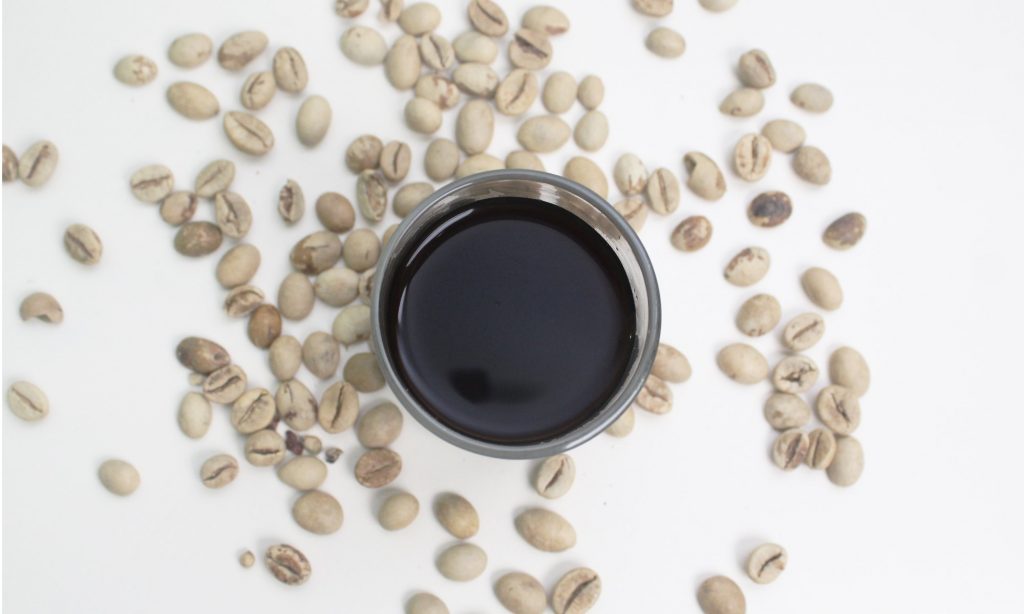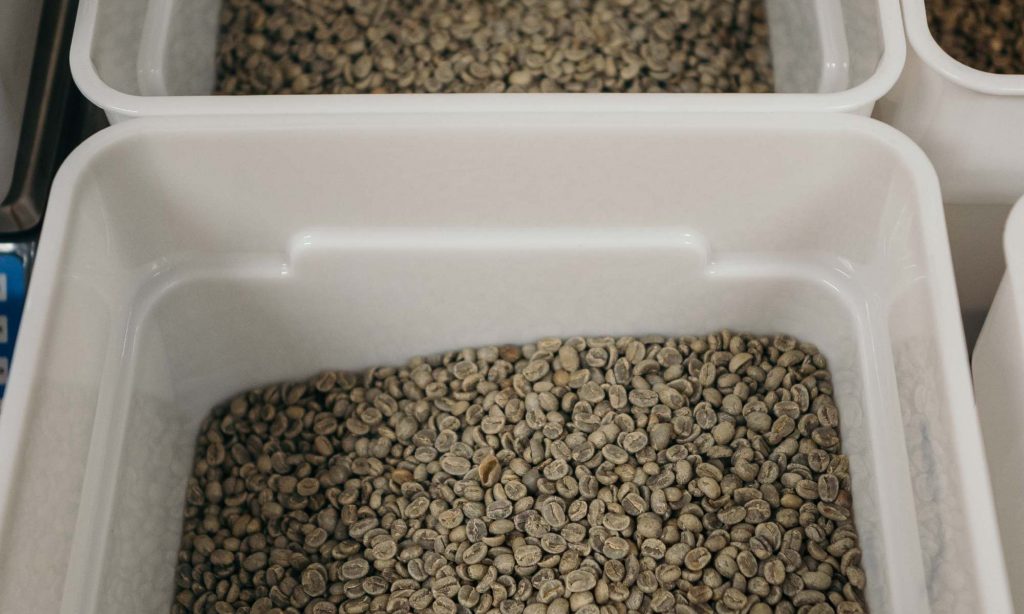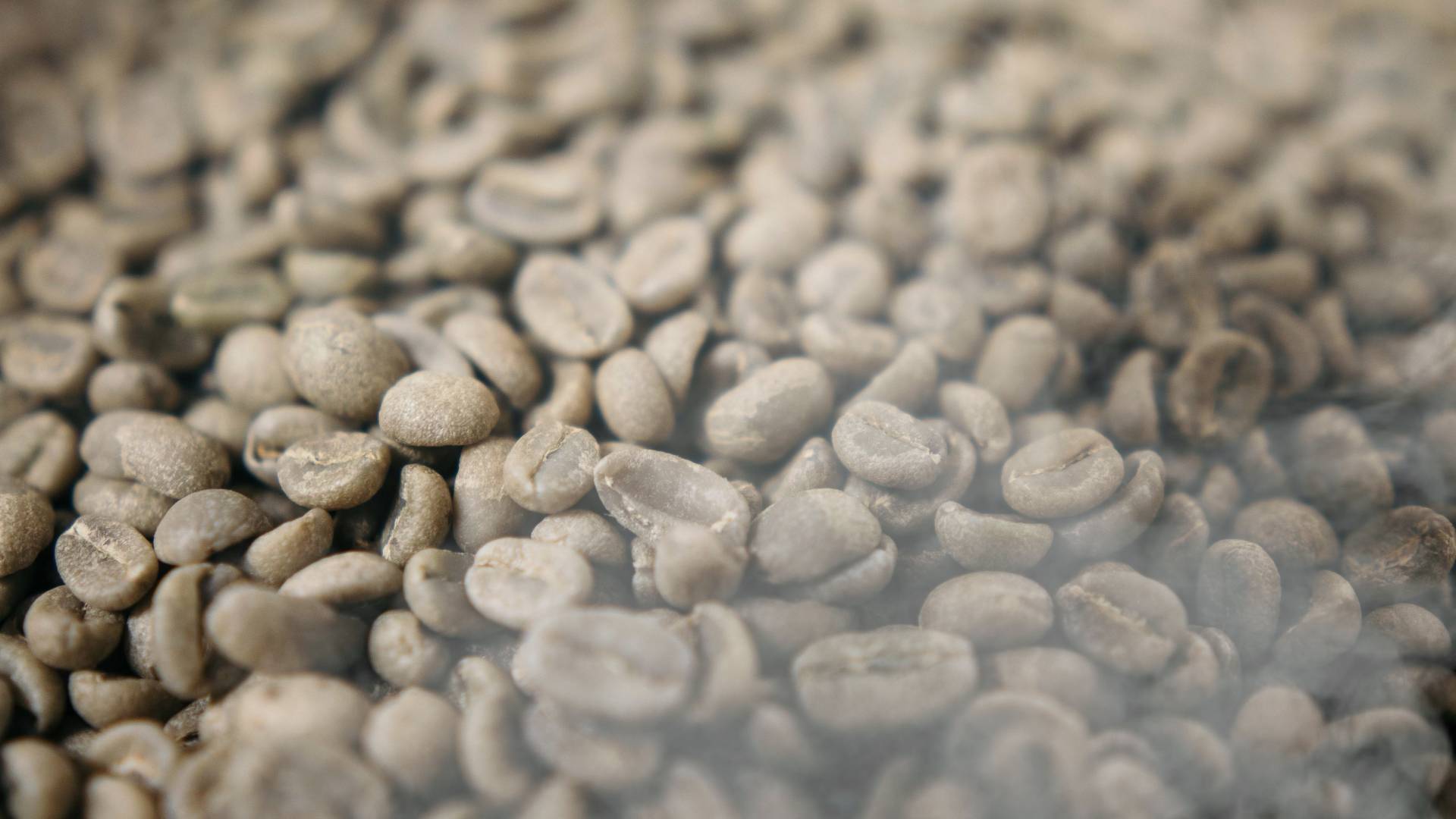Is freezing green coffee environmentally friendly?
Passenger Coffee & Tea’s green coffee buyer, Evan Howe, discusses the benefits and environmental considerations of freezing green coffee.
For years, the topic of freezing green coffee has caused emotions to run high. While many swear by its merits, others worry about its impact on cup quality and moisture content.
One company that is firmly in favour of freezing is Pennsylvania-based Passenger Coffee & Tea.
Founded in 2014, a central part of its approach since the beginning has been on preserving quality, reducing waste, and respecting the hard work of its coffee producers. As such, if you travel just five miles from Passenger’s roastery, you will find its green coffee stored in an off-site freezing facility.
Evan Howe is the company’s green coffee buyer. He explains that freezing removes significant quality risks, which in turn allows the company to buy more coffee across the full spectrum of quality grades.
He also says that freezing green coffee is a highly effective way to prevent beans from ageing, which leads to a “faded” flavour and aroma.
“No green coffee will retain its desirable cup characteristics indefinitely without intentional preservation,” Evan says. “While freezing in no way improves green coffee that’s already exhibiting past-crop qualities, it will indefinitely preserve the condition of the coffee at the time it goes into the freezer.
“So, a green coffee that enters the freezer tasting fresh and sweet will overcome the drawbacks of past-crop coffee, because the risk of that coffee developing those qualities has been completely avoided.”
However, not all agree. Critics suggest that thawing, moisture buildup, and the costs should convince businesses to avoid freezing green coffee.
Passenger has been freezing, thawing and roasting thawed coffee, and anecdotally, Evan says the team has never noticed any significant impact on how the green coffee behaves while it roasts.
“We’ve observed that many green coffees that have been frozen do seem to age rapidly a few weeks after they have been thawed,” he explains. “For this reason, we roast our coffees within a week from the ‘thaw date’, and so far, this protocol has worked remarkably well for roasting, brewing, and tasting.”

Dropping the temperature
At Passenger, after samples of green beans arrive and are cupped for quality checks, full bags of coffee are sealed in GrainPro liner bags and frozen at its off-site facility. They are then stacked and wrapped on the same pallets with which they were shipped.
Alternatively, for its Reserve and Education microlots, which are roasted in smaller batches and often over a longer period of time, Evan says the coffees are weighed out into 10lb plastic pails and palletised at the roastery before being stored with the rest of Passenger’s reserves.
The roasting team visits the freezer at the end of each production week, bringing back enough green coffee to cover orders for the following week, ensuring maximum freshness. The coffees thaw over the weekend, meaning they’re ready for roasting by Monday.
In terms of freezing time, Evan says green coffee can be frozen indefinitely without any discernible loss in cup quality – so it’s up to the roaster to decide when to thaw it. Having cupped coffees five years from harvest alongside fresh arrivals, many experienced professional tasters haven’t identified any differences in cupping sessions that could point to ageing.
“As for freezing temperatures, the precise temperature doesn’t matter too much, so long as it is below freezing,” he adds. “As long as the coffee is held at a consistent, stable temperature, it should be successfully preserved.”
Freezing green beans helps the business approach its buying with a year-round focus rather than a seasonal one.
“Our hope is that the broader annual purchasing and greater flexibility that we bring to the table as buyers adds value and reduces uncertainty for our producer partners,” says Evan.
Furthermore, freezing green coffee allows roasters to have a more expansive menu. Currently, Passenger offers 40 different coffees representing three distinct harvest years.
“Without the benefit of the freezer, it would be simply impossible to share all these coffees at the same time in a delicious way,” explains Evan. “Thanks to the freezer, our roasting team benefits from a steady supply of green coffee that is not evolving, with the consequence that our roast profiles generally require very little adjustment.”
And that runs into the next benefit: quality preservation. Evan reveals that the feedback the roastery has received highlights the consistency of its coffee extraction.
“While a number of variables certainly contribute to this consistency, a stable inventory of quality green coffee out of the freezer is one of the most significant,” he adds.

Freezing beans, burning energy
Despite all these perceived benefits, valid criticisms persist. As mentioned, some in the industry believe that freezing affects quality in ways that are not fully understood. Contamination is another concern, as is the longevity of the coffee once it’s thawed.
Furthermore, freezing green coffee isn’t cheap, and while Passenger sees the preservation of its green coffee as a key risk management strategy, Evan doesn’t recommend freezing for companies looking to save costs.
Green coffee financing fees, freezer facility storage fees, and labour and energy costs are among the factors that drive the price up.
There’s another kind of cost associated with freezing green coffee – the environmental one. The amount of energy used to power the freezers over a long period of time has a massive impact on a business’s carbon footprint.
Furthermore, the refrigerants used in these appliances are extremely potent greenhouse gases – with an atmosphere-warming capacity 1,000 times greater than carbon dioxide.
“Freezing coffee certainly increases the carbon footprint of our business due to the additional energy used to keep our green coffee at such low temperatures year-round,” says Evan. “As a certified B Corp, Passenger is committed to using our business as a force for good, and the pursuit of higher standards of environmental sustainability is certainly an important part of that ongoing commitment.”
All of this continues to be a matter of debate, but the question remains: do the benefits of freezing coffee outweigh its potentially negative environmental impacts? In an increasingly complex future for coffee and the climate, the answer certainly isn’t straightforward.
“While the environmental impact of freezing coffee is absolutely a subject that merits continued evaluation, we think it is worth re-emphasising that the economic sustainability of coffee production – for coffee farmers – remains an equally important consideration,” Evan notes.
And that’s an important point, because coffee isn’t one-dimensional – it’s a multi-faceted product with thousands of considerations for the people involved with it.
“No matter how admirably ‘green’ our coffee roasteries may become in the consuming world,” concludes Evan, “this will always be an empty victory if the specialty movement fails to deliver coffee quality in a way that inspires consumers to become stakeholders in supply chains that are themselves ‘sustainable’ – in the sense that they are truly and lastingly profitable for coffee producers.”








